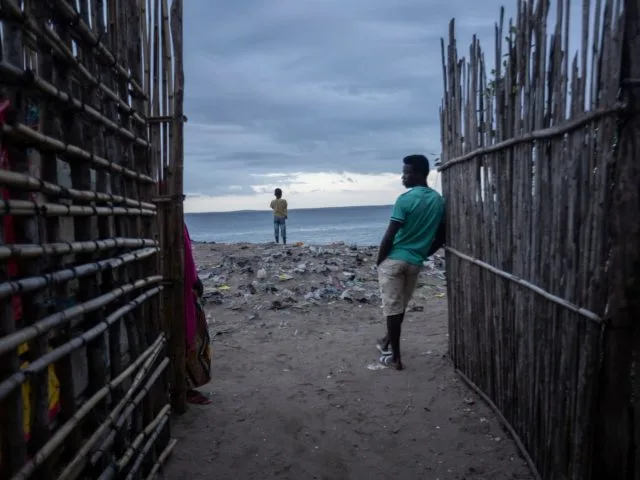Mozambique’s October 11 municipal elections have sparked widespread unrest, primarily among young voters, demanding transparency.
They are frustrated with the unclear and delayed election results.
The National Elections Commission (CNE) named the ruling party Frente de Libertação de Moçambique (Frelimo) as the winner.
But accusations of fraud have fueled public doubt and protest, and a new wave of support is visibly aligning with the primary opposition, Renamo.
Now, 40 days after the election, uncertainty and a sense of injustice dominate, especially among young citizens.
They are impatiently waiting for the Constitutional Council’s decision. This delay has heightened calls for a transparent and fair electoral process.
The situation worsened when the CNE failed to provide essential polling station result sheets for the Council’s scrutiny.

This oversight casts doubt on the election’s integrity. There are claims that the CNE approved results from local election commissions without proper checks, further eroding trust.
In 2018, the CNE reportedly manipulated vote counts in two cities to favor Frelimo.
These hidden changes, later exposed by the Public Integrity Centre (CIP), reveal ongoing opaque practices in Mozambique’s elections.
Moreover, the CNE’s refusal to allow observers during vote counting adds to these issues. This secretive approach contradicts democratic ideals of transparency and fairness.
Mozambique faces a critical period, with protests and demands for electoral reform.
The outcome of this electoral dispute is key for the nation’s democratic and political stability.
Background – Mozambique Finds Itself in a State of Political Limbo
Mozambique has a history of struggling with political transparency and democratic processes.
The active involvement of the youth in demanding change marks a new phase in political engagement. This activism could significantly shape Mozambique’s political future.
Compared to other African nations, Mozambique’s challenges are not unusual. However, the ongoing issues underline the need for systemic reforms and international oversight.
Mozambique’s path to democracy has been rocky, and the current crisis tests its commitment to democratic values.
The resolution of this issue will influence the nation’s political stability and set a precedent for future democratic practices in the region.

